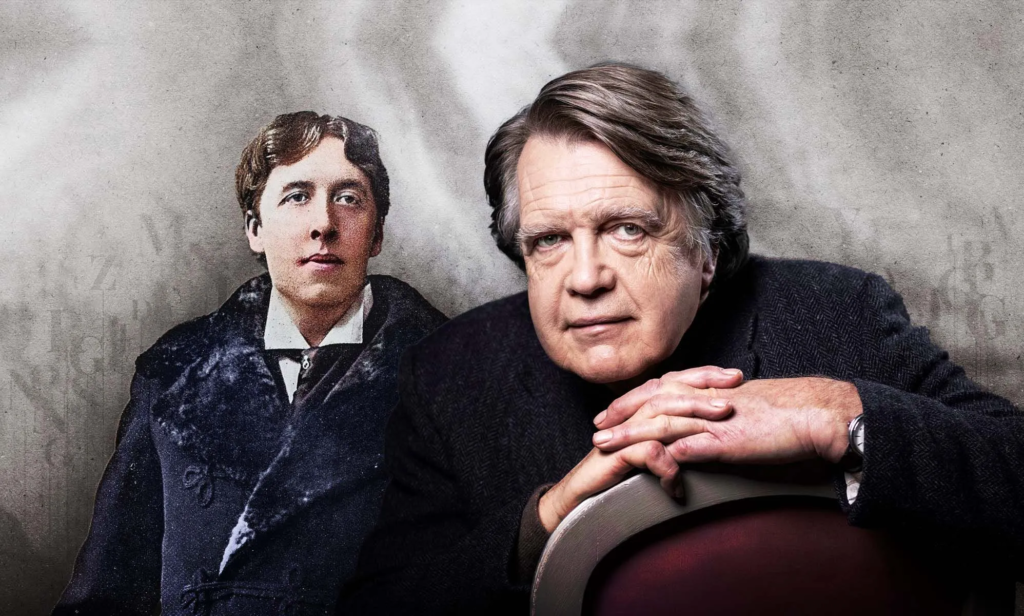A Family History Rewritten
In this After Oscar review, we explore Merlin Holland’s moving account of living in Oscar Wilde’s shadow. As Wilde’s only living grandson, Holland blends biography, cultural insight, and personal memory. The book examines the fallout of Wilde’s infamous trial and how one family tried to reclaim a legacy shaped by scandal.

A Scandal That Shaped a Century
Wilde, once a literary star, was convicted of “gross indecency” in 1895. That conviction destroyed his career and sent him into exile. Holland shows how the public disgrace deeply affected Wilde’s descendants, casting a long shadow that reached into their private lives for generations.

Personal Trauma and Hidden Truths
One major theme in After Oscar is the emotional toll on Wilde’s sons. Separated and renamed, Cyril and Vyvyan grew up unaware of their father’s fate. Cyril joined the military and died in World War I. Vyvyan, drawn to literature, battled financial stress and stigma. Despite publishing Son of Oscar Wilde, he was declared bankrupt in 1955.
Personal Trauma and Hidden Truths
One major theme in After Oscar is the emotional toll on Wilde’s sons. Separated and renamed, Cyril and Vyvyan grew up unaware of their father’s fate. Cyril joined the military and died in World War I. Vyvyan, drawn to literature, battled financial stress and stigma. Despite publishing Son of Oscar Wilde, he was declared bankrupt in 1955.

Fame, Royalties—and Financial Ruin
Wilde’s growing cultural fame didn’t guarantee financial success for his heirs. Even during the mid-20th-century revival of his plays, rising taxes and expiring copyrights caused major strain. Vyvyan received royalties but couldn’t maintain stability, showing that legacy doesn’t always mean security..https://www.youtube.com/watch?v=dgwQ86GqImY
A Tomb, a Monument, and a Memory
Wilde’s tomb at Père Lachaise, designed by Jacob Epstein, plays a surprisingly vivid role in the After Oscar review. From its initial censorship to Holland’s own fight to protect it, the monument becomes a metaphor for Wilde’s evolving image—admired, misunderstood, and occasionally defaced.

Oscar Wilde, Queer Icon
As LGBTQ+ rights have progressed, Wilde’s legacy has transformed. In this After Oscar review, Holland’s reflections on Wilde’s role as a gay icon are especially poignant. His appearance at Moscow Pride in 2006—where he was caught between protestors and riot police—underscores Wilde’s ongoing symbolic power, especially in places where queer lives are still under threat.



